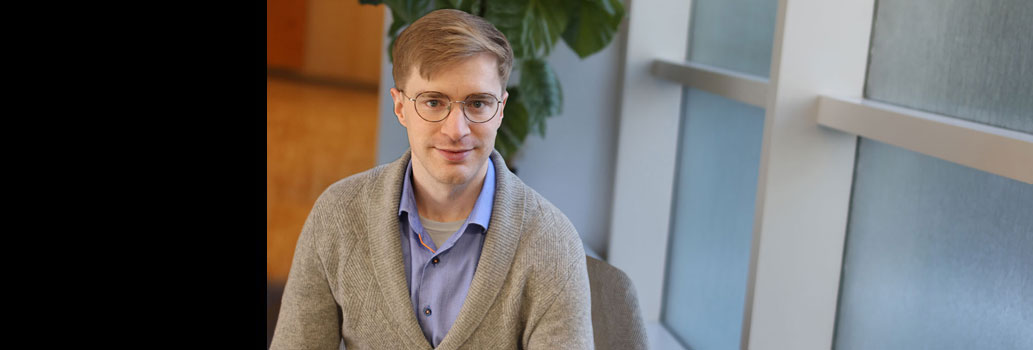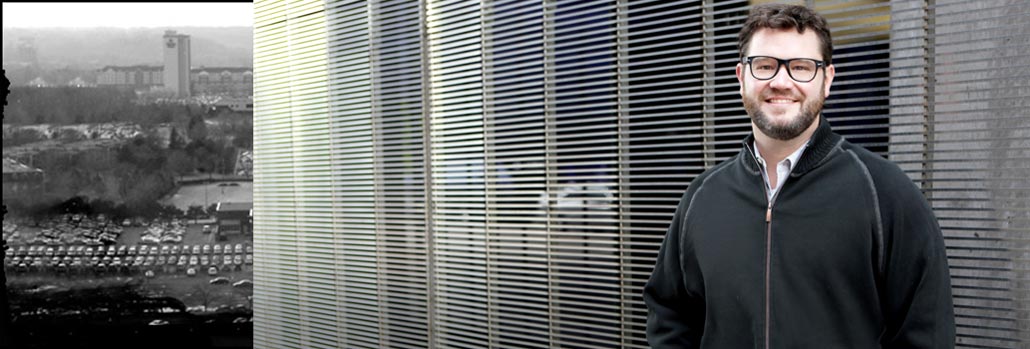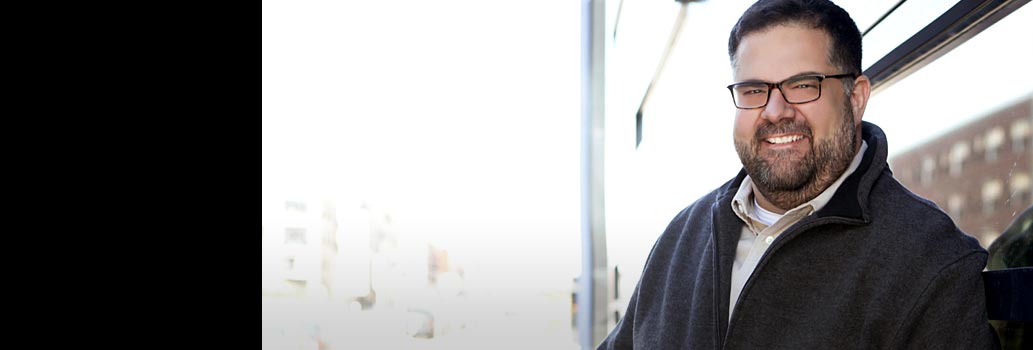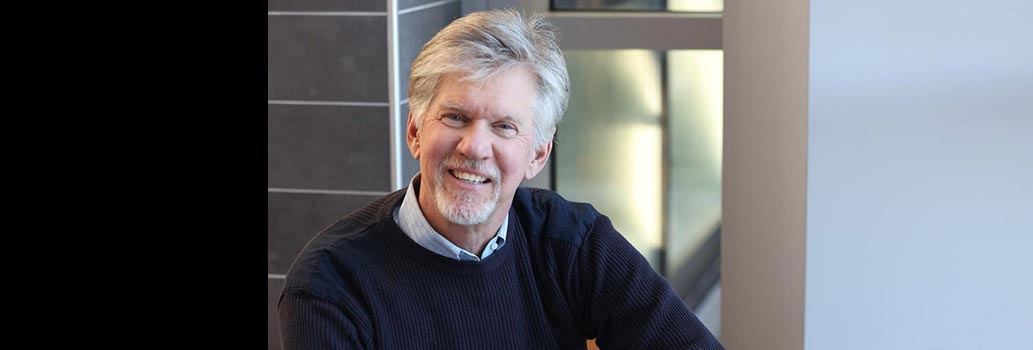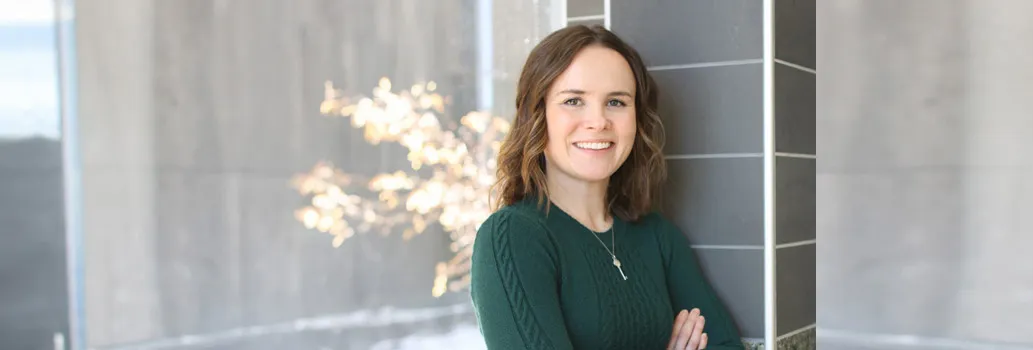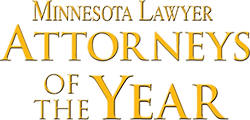DWI Forfeiture Reform
Home – Practice Areas – Blogs - DWI Forfeiture Reform
Minnesota Legislative Committees Considering DWI Forfeiture Reform Bill
Under certain circumstances, Minnesota’s DWI law allows the government to seize a driver’s vehicle for forfeiture and sell or keep the vehicle for its official use.
One problem with the existing DWI forfeiture law is that individuals wishing to challenge the vehicle seizure must engage in potentially expensive litigation in civil court (outside the criminal process) that can cost more than the value of the vehicle itself.
The existing forfeiture law also burdens innocent vehicle owners and creates administrative burdens for law enforcement agencies in the process, including the storage and sale of forfeited vehicles, often at a cost to taxpayers greater than the revenue generated.
HF 75 is a new bipartisan forfeiture reform bill recently introduced in the Minnesota legislature to address these issues and make the following changes to state forfeiture laws:
- limit the types of offenses that can result in a DWI forfeiture, focusing on repeat offenders (felony DWI and persons charged with a third offense in 10 years);
- establish a process that provides additional protections for innocent vehicle owners;
- increase transparency by requiring law enforcement agencies and prosecutors to report on each forfeiture and the use of money obtained through forfeiture;
- direct the state auditor to conduct a study on the effectiveness of both forfeiture and the ignition interlock program on reducing recidivism in DWI offenders; and
- waive storage fees and some filing fees for individuals and innocent owners.
The new bill creates a process whereby innocent owners can challenge the forfeiture simply by by notifying the prosecuting authority in writing. Under current law, an innocent owner must file a challenge to the forfeiture in district court.
Under the proposed new procedure, once written notice has been provided to the innocent owner, the burden then shifts to the prosecutor who must then either file the forfeiture action with the court or return the vehicle to the innocent owner within 30 days.
If a forfeiture action is filed by the prosecuting authority, the court is required to have a hearing within 30 days to address the claim of the innocent owner.
The new forfeiture law would also limit the ignition interlock provisions. Under current law, forfeitures can be stayed, and the vehicle may be returned if the driver enrolls in an ignition interlock program. The new law restricts that option to those drivers charged with a felony DWI who enroll in and successfully complete treatment court.
The bill passed unanimously out of the House State Government Finance and Elections Committee on February 11, 2021 and was referred to the House Environment and Natural Resources Finance and Policy Committee awaiting further action.
Whether you find yourself facing DWI or criminal charges or have had your vehicle seized and want to discuss the forfeiture process, our attorneys can meet with you to discuss your options. At Halberg Criminal Defense, our team approach puts the firm’s collective knowledge and experience in your corner. Our attorneys are available 24-7 — Call us at 612-DEFENSE (612-333-3673).

